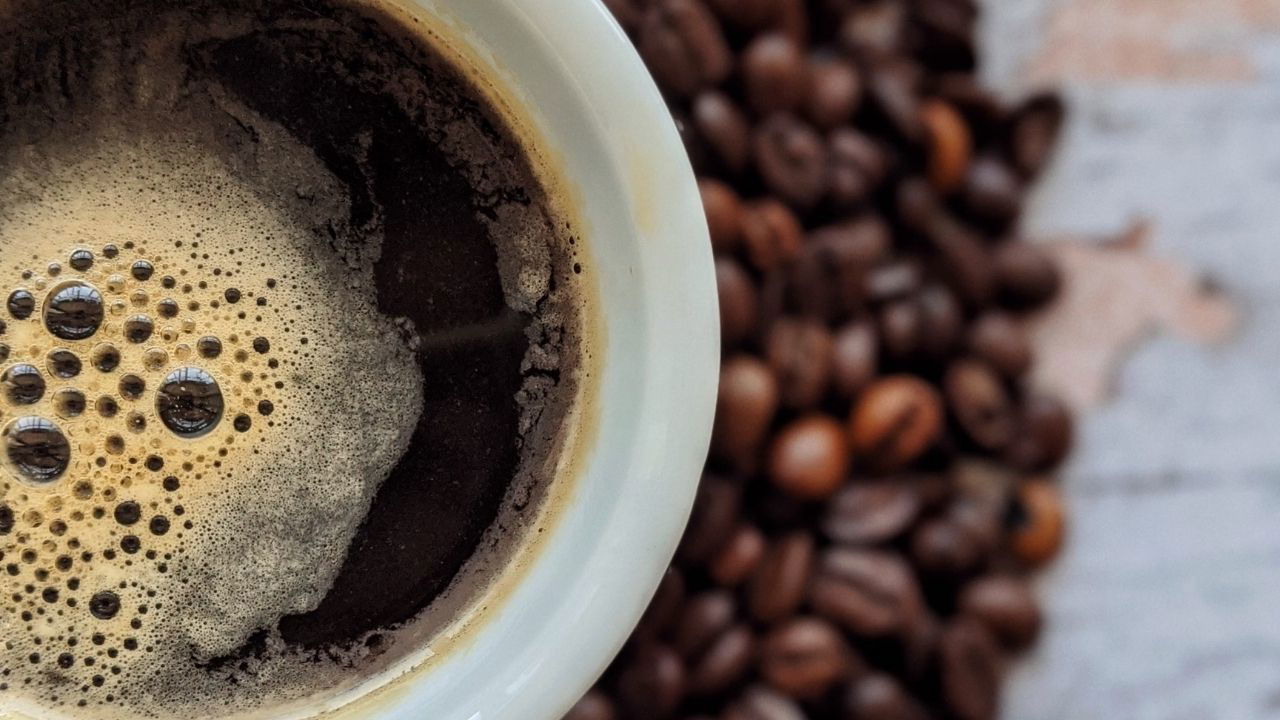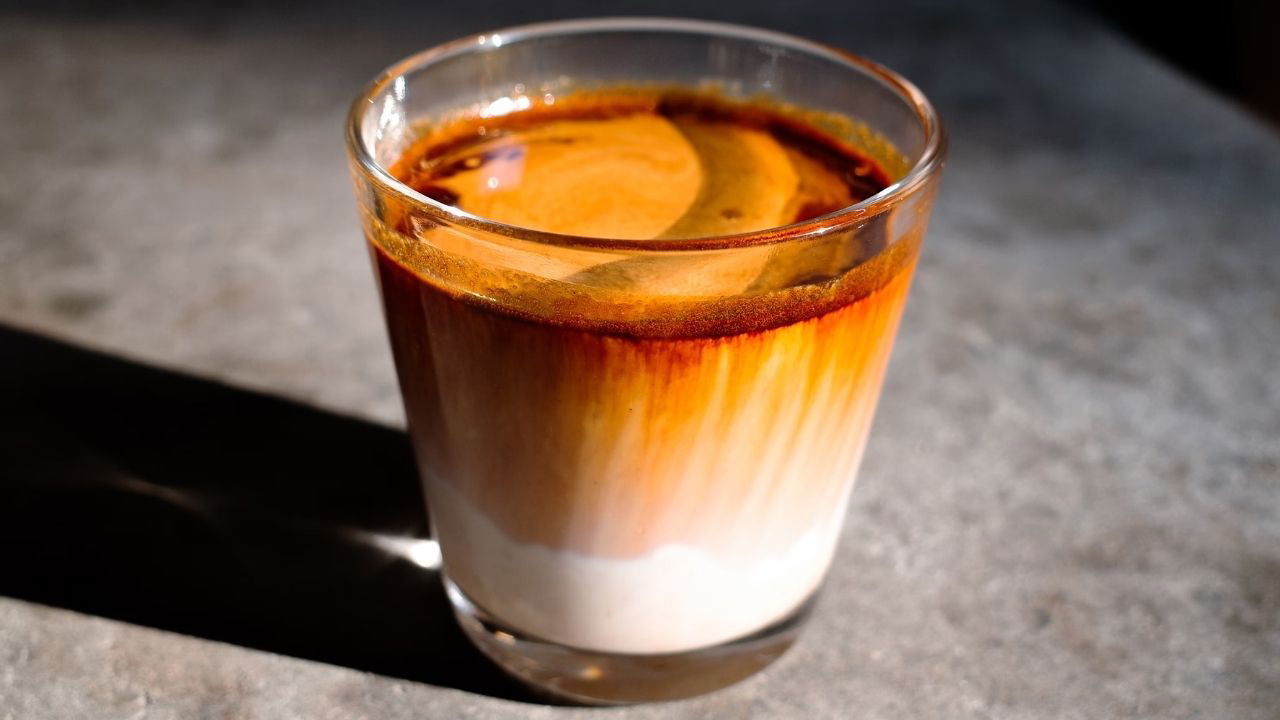4 Coffee Myths Debunked by Science

According to Popular Science Turkish, there are some myths about coffee, some of which have been scientifically proven to be false.
Dark roast is not stronger
Many people think that dark roasts are stronger and have more caffeine than lighter roasts. This makes intuitive sense—dark roasts have a stronger flavor, so why wouldn’t they also have more caffeine? But that’s not true.
The difference between dark and light roasts, as the name suggests, comes down to how heavily the beans are roasted. A 2017 paper published in the journal Nature by Megan Fuller and Niny Z. Rao of Thomas Jefferson University compared the caffeine concentration in coffee brewed using the same mass of medium-roast and dark-roast Arabica beans, all grown in the Kona Region of Hawaii. The results showed higher concentrations in medium-roast samples than in dark-roast samples.

Coffee does not inhibit growth
Many people believe that children should not drink coffee or any caffeinated beverages because they stunt their growth. This claim has no scientific basis.
None of the studies have linked coffee consumption to growth in any way. Writing for the Cleveland Clinic, Roy Kim, MD, notes that “caffeine does not affect growth.” It’s not even clear where this idea came from. Kim says that caffeine may act as an appetite suppressant, but that “it has not translated into a significant effect on children’s growth.”
Now, that’s not to say coffee isn’t bad for kids for other reasons. “While we don’t really look at it in terms of growth assessments, caffeine is part of the assessment we make for things like sleep and attention problems,” Kim says. Kids who drink coffee can suffer from abnormal heartbeats, anxiety, upset stomachs, and crankiness (my personal experience suggests this is also true for middle-aged tech journalists).
Coffee does not cause dehydrationMany people believe that drinking coffee will dehydrate them. As with other myths, there’s a certain logic at work. Caffeine is a diuretic, meaning you’ll be more likely to urinate after drinking it.
A 2014 study published in PLoS ONE by Sophie C. Killer, Andrew K. Blannin, and Asker E. Jeukendrup at the University of Birmingham controlled the physical activity, food, and fluid intake of 50 male participants in two separate experiments. In one experiment, each participant drank four 200-ml cups of coffee, and in the second experiment, they drank water instead. The results? “Our data show no significant difference in the fluid intake properties of coffee or water across a wide range of fluid intake assessment indices,” the study says.

This makes sense when you realize that coffee, even though it is caffeinated, is mostly water, and that water outweighs the relatively mild effects of caffeine.
Coffee does not cause heart diseaseAnother common coffee myth: Drinking coffee can cause heart disease. You can see the logic at work here too; anyone who drinks coffee knows that a cup of coffee can get your heart pumping. But research has not linked coffee drinking to heart disease.
And some studies suggest the opposite. A 2022 study published by the European Society of Cardiology found that drinking two to three cups of coffee a day can actually improve heart health. The study, based on data collected from over 500,000 members of the UK public, showed that “consumption of 2-3 cups of instant, dry and decaffeinated coffee subtypes, in particular, per day is associated with significant reductions in cardiovascular disease and mortality.”
However, like everything else, coffee should be consumed in moderation and you should consult your doctor with any questions you may have about caffeine habits.
Cumhuriyet





